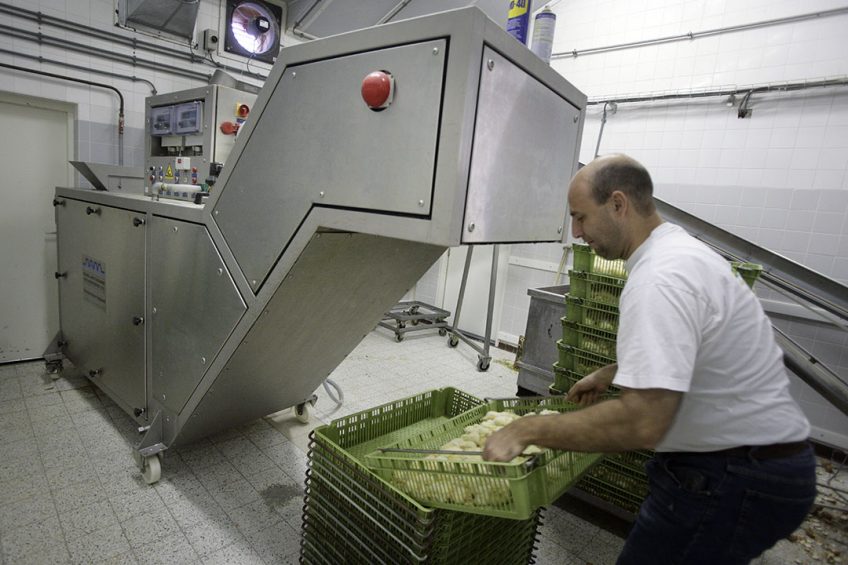Germans plea for sense in matter of killing day-old chicks

The German poultry sector feels societal and regulatory pressure to immediately stop killing day-old layer males. The sector calls for realism in the current debate.
The German poultry sector is calling for a uniform, European approach to stop the killing of day-old chicks. This is the view of Friedrich-Otto Ripke, chairman of the Zentralverbandes der Deutschen Geflügelwirtschaft (ZDG). Ripke is disturbed by the unrealistic idea of German society and politics to stop killing day-old chicks today.
He stated that immediate stopping this common practice in Germany is not feasible. He believes that if there is a ban in his country, chicks for the laying sector would just be imported from other countries, not yet touched by the ban. As there is no regulation for imported hens and the the handling of their male counterparts, animal welfare would not be improved, he argues.
Halving in 2022
According to Ripke, the members of ZDG want to stop killing day-old chicks as quickly as possible. The aim for the ZDG is to half the number of day-old chicks killed by 2022. The poultry chairman advocates realism and cooperation between the poultry sector and science. He is strongly opposed against German legislators to immediately stop killing day-old chicks. ‘’That would mean the end of the German hatchery sector.” Ripke continues: “We need a European regulation in this area.” He has high hopes in the statement of German agriculture minister Klöckner. She announced an intention to cooperate with France in order to put an end to killing of male layer chicks on a broader scale.








